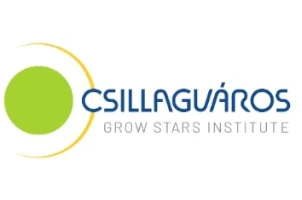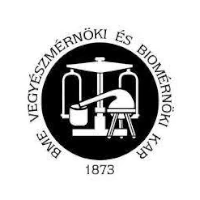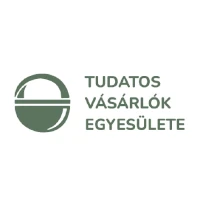EcoVita LL
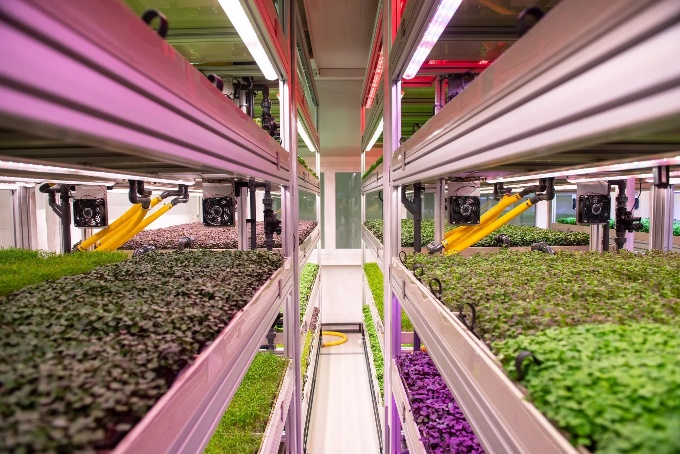
EcoVita LL
The EcoVita Living Lab will explore how vertical farming, as a specific form of agriculture, may contribute to food security, climate resilience and agrobiodiversity. It aims at providing a systematic and practice-oriented characterisation of the food system and an analysis of gaps and data requirements regarding the existing structure, enhancing socio-economic and environmental pillars of sustainability.
About us
The EcoVita LL brings industry, academia and the civil society together for exploring the potential of vertical farming in dealing with the challenges of climate change and food securtity. Industry provides a network of experimental sites and is supported in its experiments by academia while participation of a consumer association assures that experiments are in line with consumer expectations.
Location
Experimental sites in Hungary with relevance for Hungary, Slovakia, Austria, Croatia, Serbia, and parts of Romania.
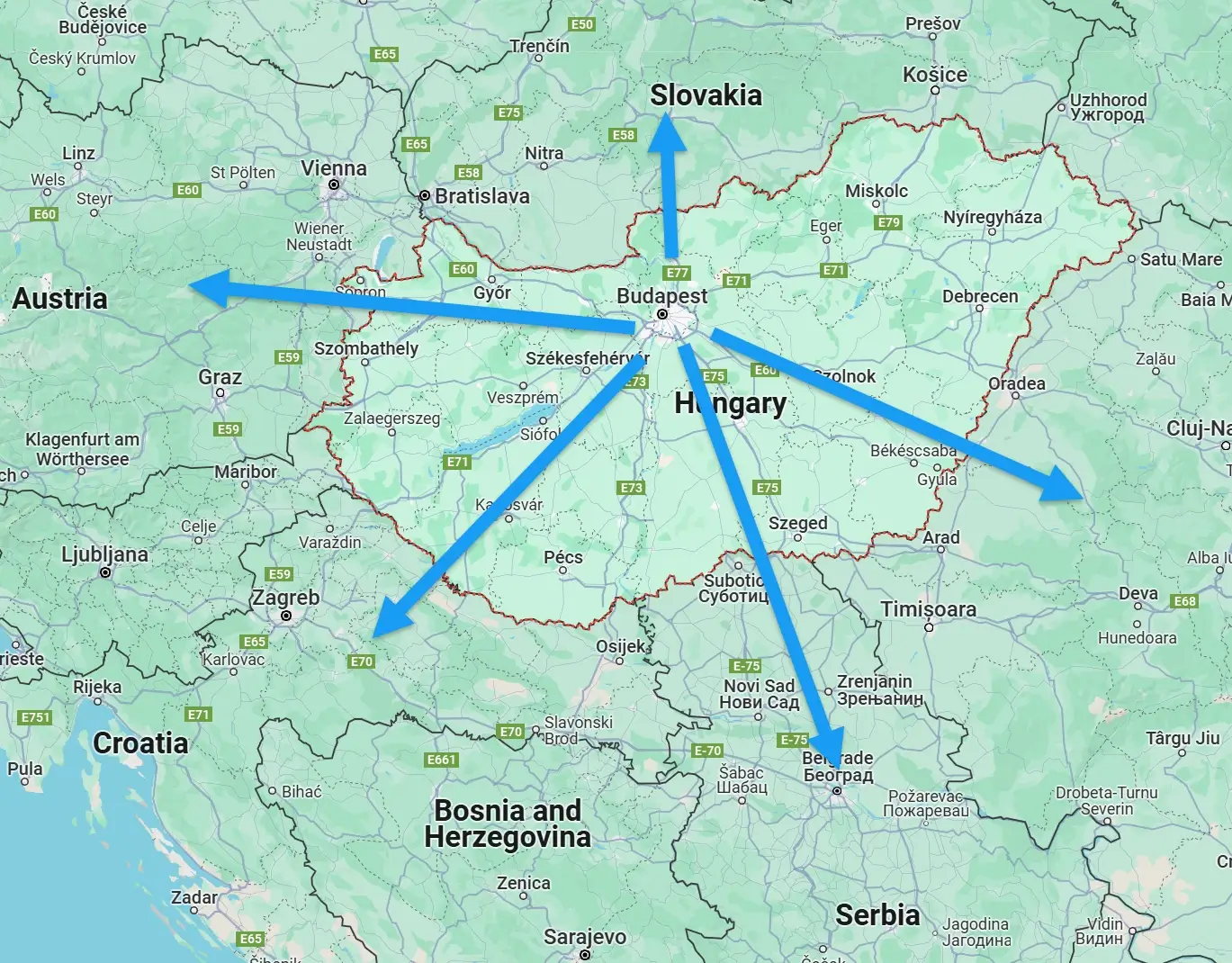
Partners
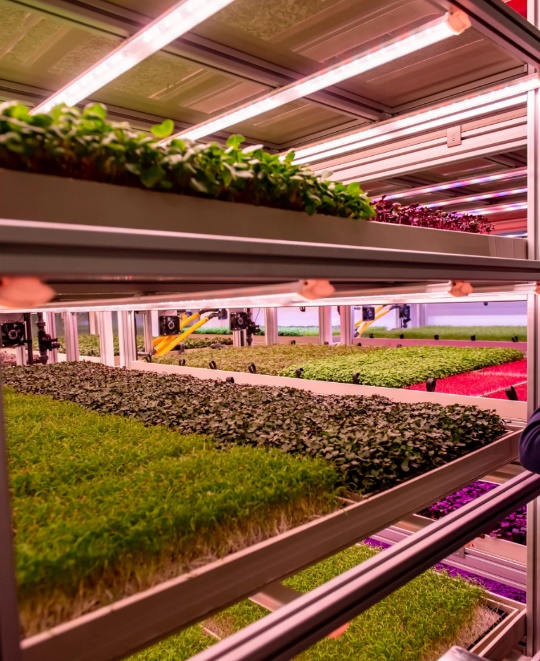
Partners & Expertise
CSILLAGUAROS: The company is a research and development company focusing on the creation of know-how linked to vertical farming and providing individual solutions for individual challenges. With its 150 m2 of experimental growing area, its 5 research farms, and its factory simulation tools it is well-equipeed for offering solutions for specific inquiries.
BUTE -Budapest University of Technology and Economics: The Department of Applied Biotechnology and Food Science is the research partner of the LL Its engagement encompasses analytical research and development and especially in food scienceissues such as food safety , food qualification, food technology, and product development.
Association of Conscious Consumers, Hungar: This NGO engages in sustainable food consumption. It is strong in consumer communication and delivers programs that are reaching 10.000 people.
Objectives
The Living Lab will deal with the challenges of the region related to food security, climate change, and biodiversity. It will focus on the potential of vertical farming in dealing with the challenges. It aims at developing mitigation and adaptation interventions.
Mitigation. Crop selection and breeding for improved resilience to climate change, eeshaping urban and peri-urban agricultural landscape, and promoting sustainability.
Adaptation. Adapting Closed environment agriculture as a sustainable form of agriculture, adapting tolerant cultivars and species, adapting new products, adapting the food supply chainto including vertical farms.
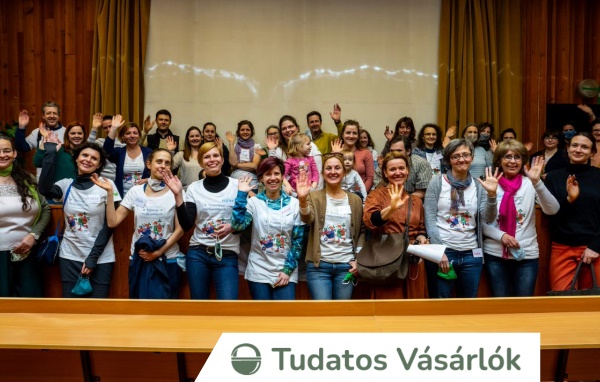
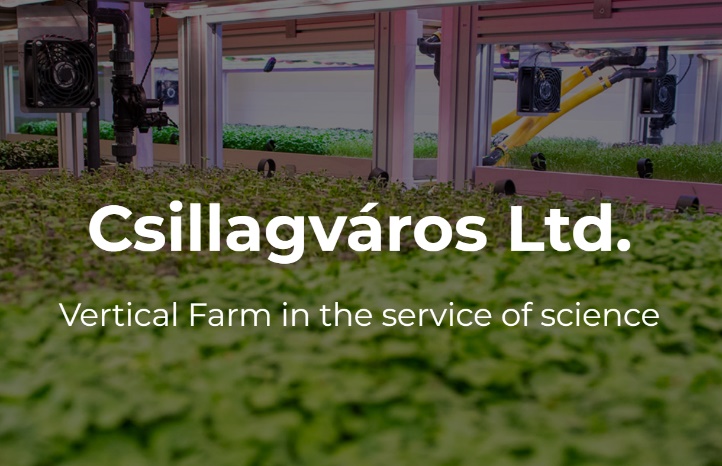
Project engagements
Mitigating climate change. Testing the viability of vulnerable corps.
Increasing food security.Testing availability, affordability, and acceptance.
Reshaping urban food supply chains.Testing new plants in vertical farms and consequences for biodiversity in urban agricultural fields.
Shifting consumer behavior.Fill data gap and map consumer attitudes, perceptions and expectations to vertical farming food products.
Support product quality.Fill data gap regarding product quality and provide date on health and food safety aspects.
Reshaping the supply chain.Mapping existing practices and analysing how vertical farming can be integrated.
Dissemination channels
ECOVITA activities and results will be disseminated via Institutional Social Media
